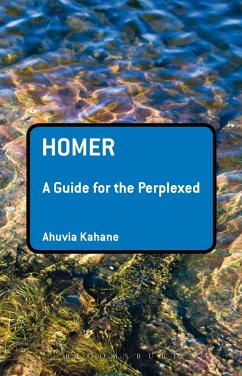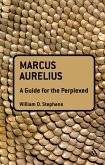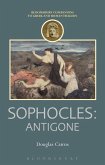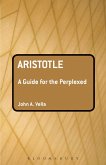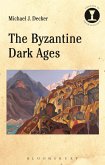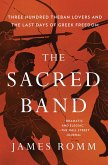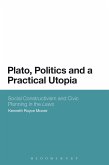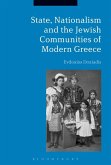Shortlisted for the Runciman Award 2013
Homer's poetry is widely recognized as the beginning of the literary tradition of the West and among its most influential canonical texts. Outlining a series of key themes, ideas, and values associated with Homer and Homeric poetry, Homer: A Guide for the Perplexed explores the question of the formation of the Iliad and the Odyssey - the so-called 'Homeric Problem'. Among the main Homeric themes which the book considers are origin and form, orality and composition, heroic values, social structure, and social bias, gender roles and gendered interpretation, ethnicity, representations of religion, mortality, and the divine, memory, poetry, and poetics, and canonicity and tradition, and the history of Homeric receptions.
Drawing upon his extensive knowledge of scholarship on Homer and early epic, Ahuvia Kahane explores contemporary critical and philosophical questions relating to Homer and the Homeric tradition, and examines his wider cultural impact, contexts and significance. This is the ideal companion to study of this most influential poet, providing readers with some basic suggestions for further pursuing their interests in Homer.
Homer's poetry is widely recognized as the beginning of the literary tradition of the West and among its most influential canonical texts. Outlining a series of key themes, ideas, and values associated with Homer and Homeric poetry, Homer: A Guide for the Perplexed explores the question of the formation of the Iliad and the Odyssey - the so-called 'Homeric Problem'. Among the main Homeric themes which the book considers are origin and form, orality and composition, heroic values, social structure, and social bias, gender roles and gendered interpretation, ethnicity, representations of religion, mortality, and the divine, memory, poetry, and poetics, and canonicity and tradition, and the history of Homeric receptions.
Drawing upon his extensive knowledge of scholarship on Homer and early epic, Ahuvia Kahane explores contemporary critical and philosophical questions relating to Homer and the Homeric tradition, and examines his wider cultural impact, contexts and significance. This is the ideal companion to study of this most influential poet, providing readers with some basic suggestions for further pursuing their interests in Homer.

